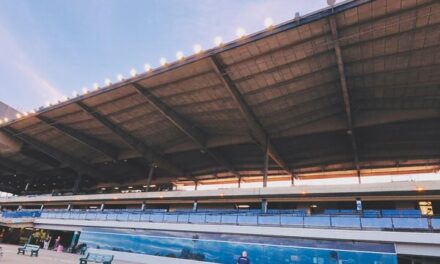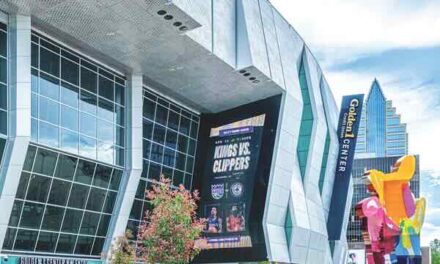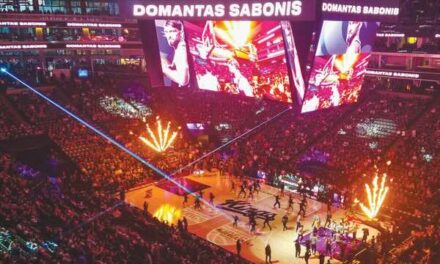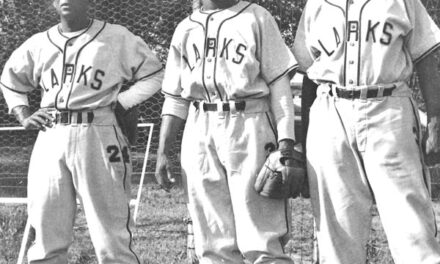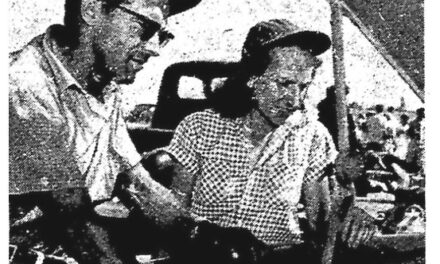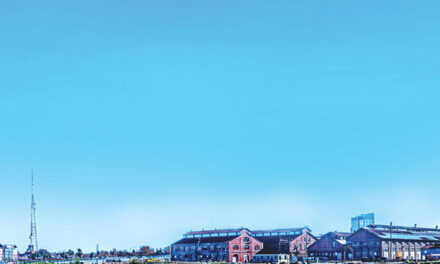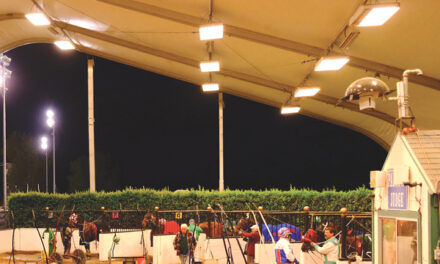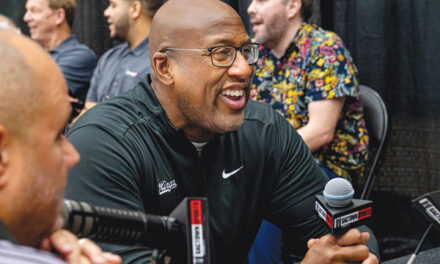Sacramento will never have an NFL team. It won’t have a stake in a major college bowl game. January playoffs and bowl games present a cruel reminder of these facts.
A city without an NFL or major college team isn’t necessarily deprived. Local football fans can find joy watching Sacramento State score touchdowns against Northern Colorado and Montana. Several high schools have excellent programs.
And there’s always the 49ers. Santa Clara is a miserable drive. The worst Levi’s Stadium seat is ridiculously expensive. But there’s no threat of the 49ers moving too far.
In the late 1980s, the Raiders discussed moving from Los Angeles to Sacramento. It was a leverage strategy by Al Davis. He ignored a $50 million down payment from the City Council and returned to Oakland. He played us.
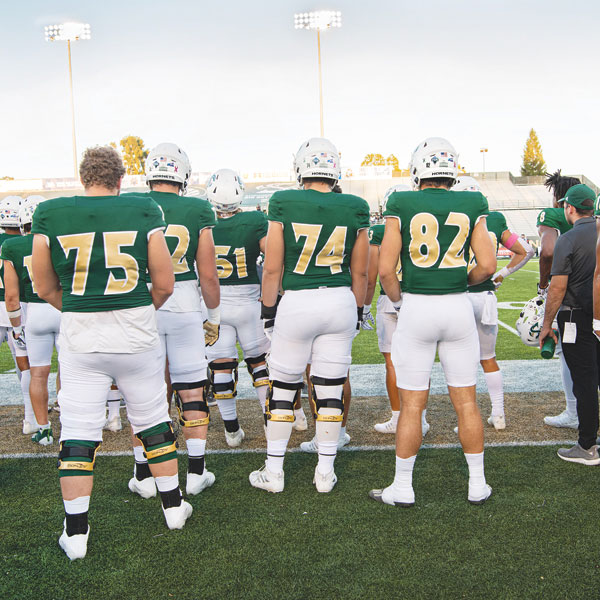
Despite its barren condition, Sacramento has history as a football town.
The city’s greatest sports promoter, Fred Anderson, loved football and squandered a fortune on it. Before he died in 1997, Fred established two teams, the Surge and Gold Miners. Both forced Anderson to dig into his savings to cover salaries, rent and expenses.
Fred had plenty of savings. He started with a lumber truck and grew very wealthy by expanding his company, Pacific Coast Building Products, into one of the West’s largest building materials operations.
Fred was stubborn. He never wanted to admit he backed a loser. The Surge and Miners weren’t bums on the field, but Fred kept company with the wrong football crowd—guys who lacked his fortitude and values.
The Surge performed in the World League of American Football, a developmental stepchild of the NFL. The goal was to promote pro football in secondary cities, with three European metropolises sprinkled in to advance the NFL fantasy of world domination.
NFL owners helped fund the World League but quickly lost interest. The show lasted two years, folding in 1992, weeks after the Surge won the World Bowl championship.
Fred was stuck. He spent money fixing up Sac State’s Hornet Stadium and didn’t want to waste all that wood and steel. He repurposed the Surge into the Gold Miners and joined the Canadian Football League, the first American club to fly l’Unifolié.
Two years of mediocre Canadian football at Hornet Stadium convinced Fred his experiment was doomed. He moved the Miners to San Antonio, rebranded them Texans and shut down for good in 1995.
Pro football returned to Sacramento in 2011 with the Sacramento Mountain Lions of the United Football League, which tried to capitalize on NFL labor strife and apathy among fans. Strife and apathy soon sank the UFL.
The Lions were owned by Paul Pelosi—Nancy’s beleaguered husband—and led by former NFL coach Dennis Green. There were few fans and fewer games. The team abandoned Hornet Stadium for Raley Field in 2012. Green exited in a pay dispute. The Lions played just three home games before the league tanked.
Fred Anderson will always stand as Sacramento’s most ambitious football owner. But the path he took was blazed decades earlier.
Starting in 1964, the city spawned a half dozen semi-pro football teams, featherweights drowning in debts. They had zero marketing, sparse attendance and amateur playing grounds.
There were the Sacramento Lancers, who lasted until 1967, followed by the Buccaneers, Capitols, Statesmen, Condors and Buffalos. The best of them, the Buffalos, carried on until 1981. Teams hired high school coaches, recruited former high school players and performed on high school fields. A preparatory educational experience never to be repeated.
While this was happening, the 49ers and Raiders staked claims to Sacramento. Each Monday they sent players to booster club nights at Stroh’s Neptune Table (Raider Rooters) and Christie’s Elbo Room or The Dante Club (49er Goal Rushers). In my sportswriter days, I covered many such boozers.
One night in October 1980, local 49ers fans wanted to meet new starting quarterback Joe Montana. Backup Steve DeBerg arrived instead. “We have a lot of people who have to come around for us,” DeBerg said, meaning Joe. The presses didn’t stop for that quote, but I wrote it down anyway. After all, he said it in Sacramento.
R.E. Graswich can be reached at regraswich@icloud.com. Follow us on Facebook, Twitter and Instagram: @insidesacramento.



